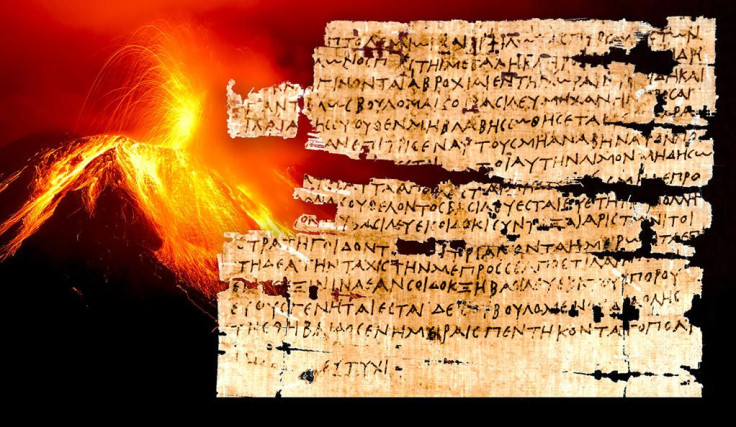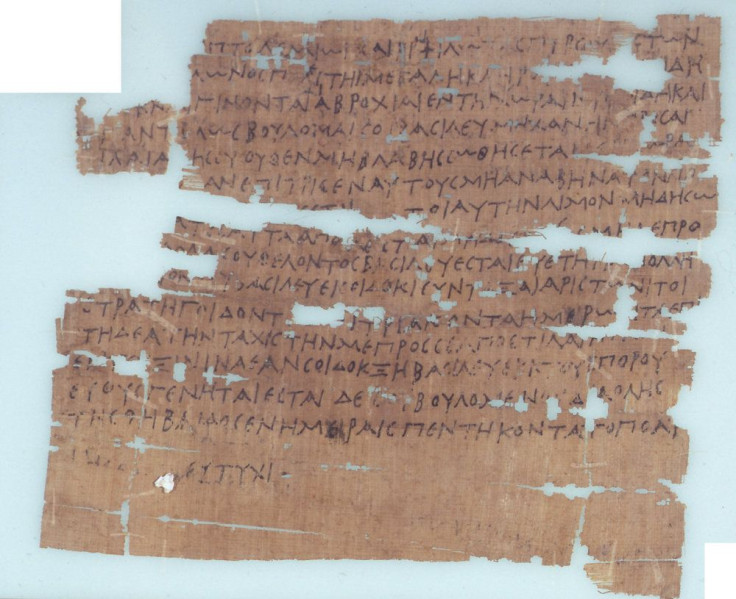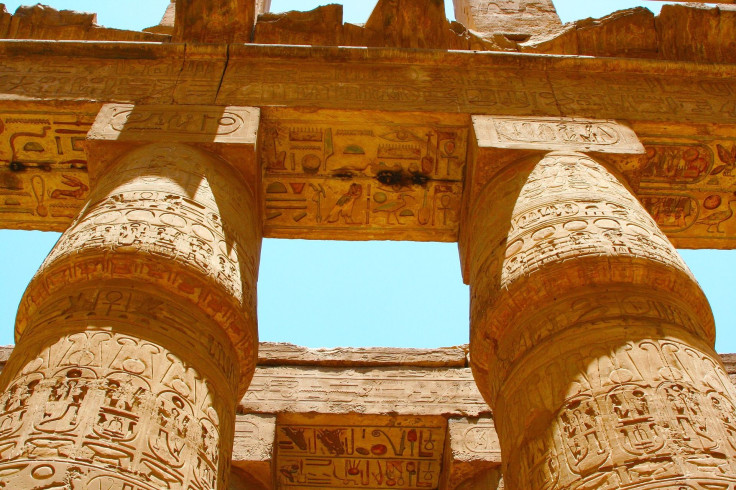Volcanoes Caused Turmoil In Ancient Egypt, Historical Climate Scientists Show

Scientists have gotten a view into how climate change affected early civilizations by matching up environmental events with historical information about ancient Egypt, finding that volcanic eruptions were connected to incidents like revolts.
When volcanoes erupt, they release gases that can combine with the atmosphere to block radiation from the sun and lower temperatures on Earth’s surface, Yale University said. Among other consequences, this can reduce the amount of water evaporating into the air and then, in turn, the amount of rainfall. The effects from the volcanic eruption can also take away heat that draws monsoons into the area of the Nile River. These factors together reduce the amount of flooding from the Nile, which is not as positive a result as it may sound.
“Ancient Egyptians depended almost exclusively on Nile summer flooding brought by the summer monsoon in east Africa to grow their crops,” lead author Joseph Manning said in the university statement. “In years influenced by volcanic eruptions, Nile flooding was generally diminished, leading to social stress that could trigger unrest and have other political and economic consequences.”

According to the researchers’ study in the journal Nature Communications, they compared a timeline of volcanic eruptions, from an analysis of ice cores, and data about Nile River flooding to writings from ancient Egypt see how the people living between 305 BCE and 30 BCE, the era of Ptolemaic dynasty rule, responded to their changing climate in a political and social sense. That era in Egypt has a lot of documentation and historical significance — the famous Cleopatra was the last real ruler of the Ptolemaic Kingdom.
“Knowledge of the historical context is essential to fully understanding how shocks from diminished Nile flooding acted to trigger revolts and constrain Ptolemaic war making,” the university said.
The study says the scientists found a relationship between volcanic eruptions and “the onset of hitherto poorly understood revolts in Ptolemaic Egypt, as well as the cessation dates of Ptolemaic interstate warfare with the great Near Eastern Seleucid Empire,” a Greek state that existed during roughly the same time as the also-Hellenic Ptolemaic empire.
The researchers also found a link between the eruptions and “priestly decrees … as a state response to related instability” as well as sales of land.

Although other factors, like certain societal and financial stressors, would have figured into these historical events, the researchers say there is “a role for volcanically induced Nile failure” in both the revolts and the decreased warfare. Those other factors would have created a tension in the society in which a change in climate could have been the straw that broke the camel’s back.
“With volcanic eruption dates fixed precisely in time, we can see society in motion around them,” Manning said. “This is the first time for ancient history that we can begin to talk about a dynamic understanding of society.”
In addition to giving a window into past civilizations, the findings could be a guide for predicting how a society today would respond to a potential change in climate that is similar to the changes in ancient Egypt.
“Ptolemaic vulnerability to volcanic eruptions offers a caution for all monsoon-dependent agricultural regions, presently including 70 percent of world population,” the study says.

© Copyright IBTimes 2024. All rights reserved.





















